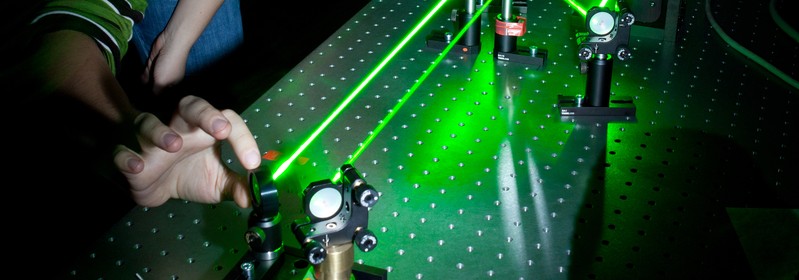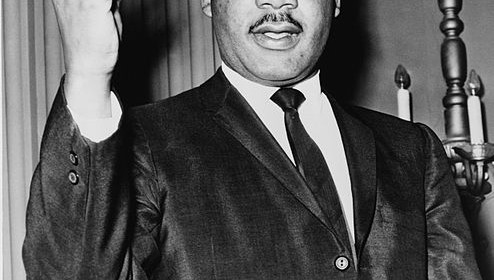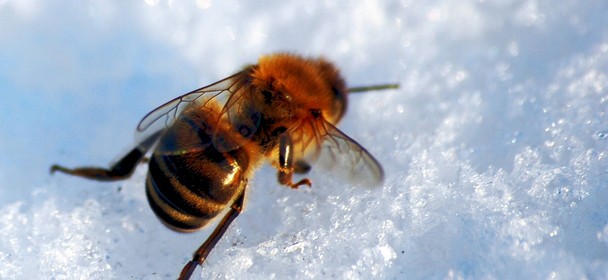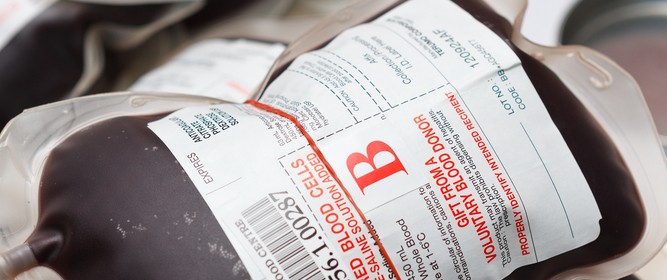Why Do We Age?
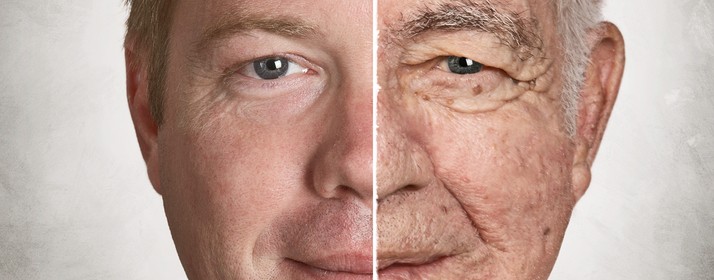
Kyle asks: Why do we get old? Gray hair, memory loss, wrinkles and brittle bones, sooner or later, each of us gets old (if we’re lucky). Yet scientists tell us that there is no evolutionary reason for us to age. So, why do we? The Aging Process Researchers do not agree as to the causes of aging. Some claim our […]
Read more
